For Aanchal Kejriwal, it all started during the pandemic. People were stuck at home, trying to use the same space to work, eat, play and sleep — suddenly, space became suffocating, it became a constraint. Kejriwal had always been an organised person, and soon, she found herself helping friends to create systems in the house to organise and optimise their space. She was curious whether she could take this up professionally. And so during peak-Covid lockdown, she decided to hold a seven-day decluttering challenge to gauge people’s interest.
She put it up on Instagram that she would be giving people tips to declutter their room over seven days. “We divided it into smaller tasks. One day, you just clean your wardrobe, one day just organise your shoes. And we had one day which was a ‘Mend it’ day, where you fix things which are broken, maybe stitch a button which has come loose. Because these things keep lying there forever and ever, and we never get to it,” says Kejriwal. The response she got was overwhelming: almost 80 people signed up, some even telling her she had given them food for thought for their entire lives. “Honestly, this COVID challenge is what validated my idea of starting this company. The kind of response I got from people made me sure that yes, people really need this.” Soon after, Kejriwal officially launched ‘Arrange It All,’ a company which offers organising and decluttering services.
The concept itself is nothing new. It was pioneered by Japanese author Marie Kondo, whose 2010 book The Life Changing Magic of Tidying Up: The Japanese Art of Decluttering and Organising explored how putting your space in order leads to corresponding changes in lifestyle and perspective. The idea soon spread to India, with the last few years seeing a proliferation of tidying coaches and decluttering experts across the country. The COVID-19 pandemic, in particular, provided a fillip to the industry: as people started spending all their time indoors, their perspective to space changed. The same space had to be used by a number of family members, for varied purposes. Organisation became more important than ever before; and organising experts increasingly found their services in high demand.
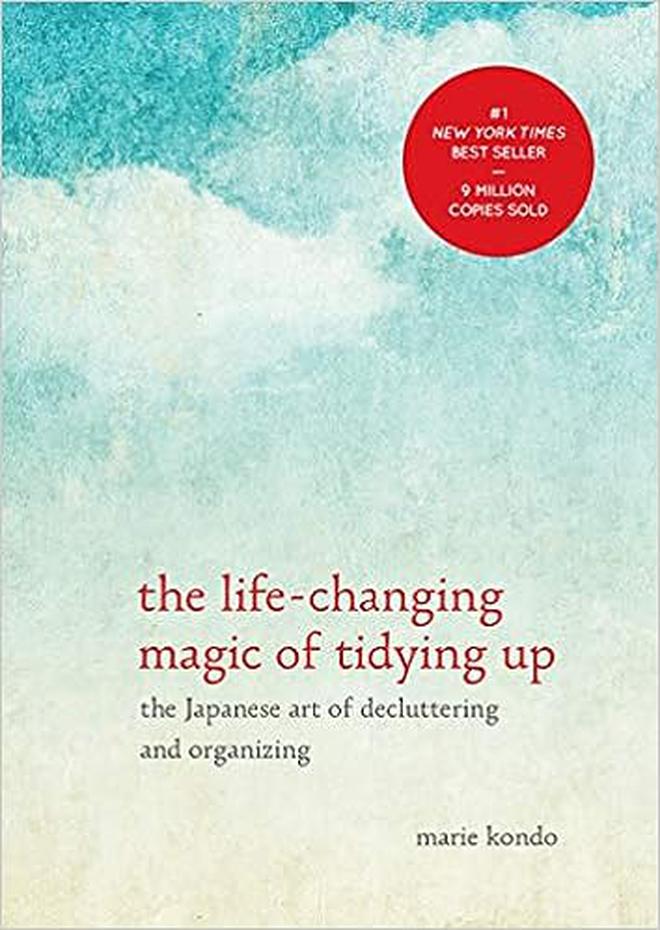
Back in the day
Back in 2017, Gayatri Gandhi’s ‘Joy Factory’ was one of the only companies in India offering decluttering services. Gandhi has trained with Marie Kondo herself, and is India’s first certified KonMari consultant. What this means is she uses the Kondo-inspired method of decluttering, i.e., asking clients if particular items spark joy. If they do, keep them. If they don’t, throw them out. Gandhi recalls that it was a niche market back then, with hardly any competition. “At that time, I used to get a lot of queries from people, asking, can you train us? It’s very interesting, because a lot of the people who did reach out to me have now themselves started their own businesses,” says Gandhi.
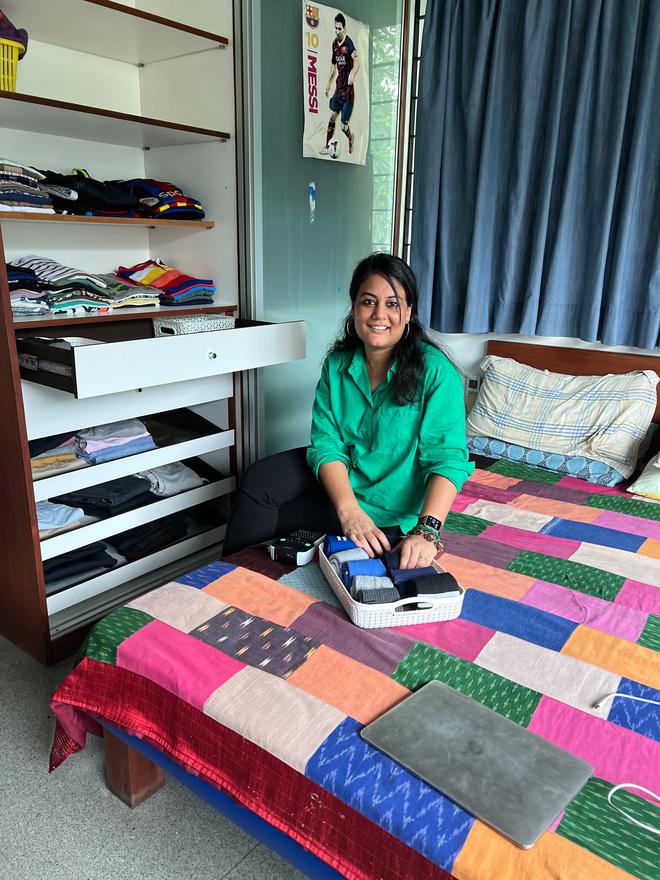
Now there are approximately 35-40 decluttering experts and companies across the country. “The industry definitely grew post-pandemic. Suddenly, people were sitting at home, and the home became their complete zone of partying, of working, of making food. The whole routine was revolving around the house. So people felt the need to also declutter it, and make it a sanctuary for them to feel good. The mindset completely changed,” says Gandhi.
In fact, Kondo herself came out with a new book post-pandemic, Marie Kondo’s Kurashi at Home: How to Organise your Space and Achieve Your Ideal Life, which tweaks her earlier decluttering philosophy. The birth of her third child coupled with isolating at home during the lockdown shifted her focus from organising to enjoying the little things in life. “Up until now, I was a professional tidier, so I did my best to keep my home tidy at all times. I have kind of given up on that in a good way for me. Now I realise what is important to me is enjoying spending time with my children at home,” said Kondo at a recent event.
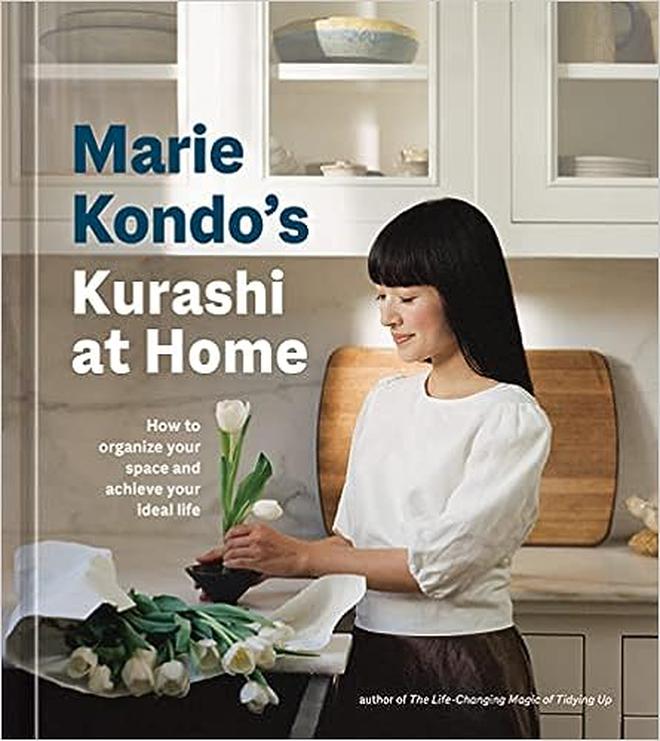
A form of meditation
For Kejriwal too, decluttering is much more than just the physical act of clearing up. “For me, it is an extended form of meditation. You should be aware of your surroundings. Be aware of what you have, and live in a place that makes you happy,” she says. And that’s what she strives to achieve with her clients as well. Whether she’s helping them shift houses or decluttering their wardrobe, she’s mindful of putting systems in place that will make their lives easier.
“For instance, if you’re a working person, you would want your work clothes right in the front. Accessories should be arranged in a way that you don’t have to look for matching stuff. Most of the time, there’s a pouch where we have kept all our earrings, and the sheer idea of opening that pouch, taking out all the earrings, and figuring out which one we want to wear is exhausting. Or if you’re a coffee person, you open one wardrobe in the kitchen and you find your coffee needs all in one place, you don’t have to open five drawers to look for your coffee cup, your Nespresso pods. We create a space for everything. That’s the motto of our company: a place for everything and everything in its place,” says Kejriwal.
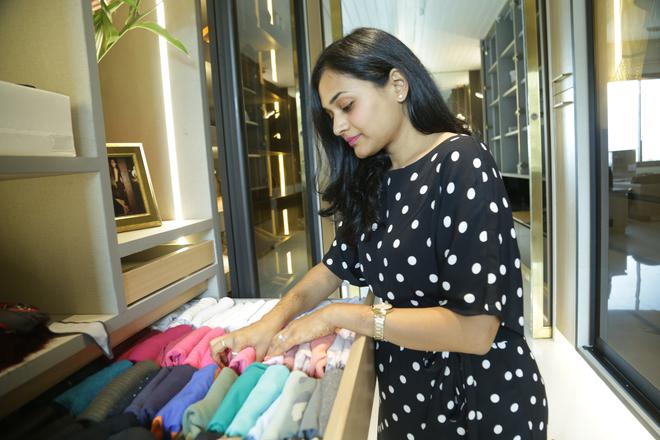
Recently, Kejriwal has been looking into expanding into digital decluttering as well. But she’s still unsure if people will be okay sharing their personal data — documents, pictures etc. — with them. “Because this is all sensitive, personal information. So we’re talking to people and doing some research, it’s definitely on our radar,” she says. Joy Factory’s Gandhi is already offering digital decluttering services since, as she puts it, “we are all on our gadgets almost 24 hours a day, so there’s a lot of information and a lot of clutter. Digital decluttering is a must.” While Kejriwal charges approximately ₹17000-₹20,000 per day, Gandhi’s rates range from ₹4000-₹5000 per hour.
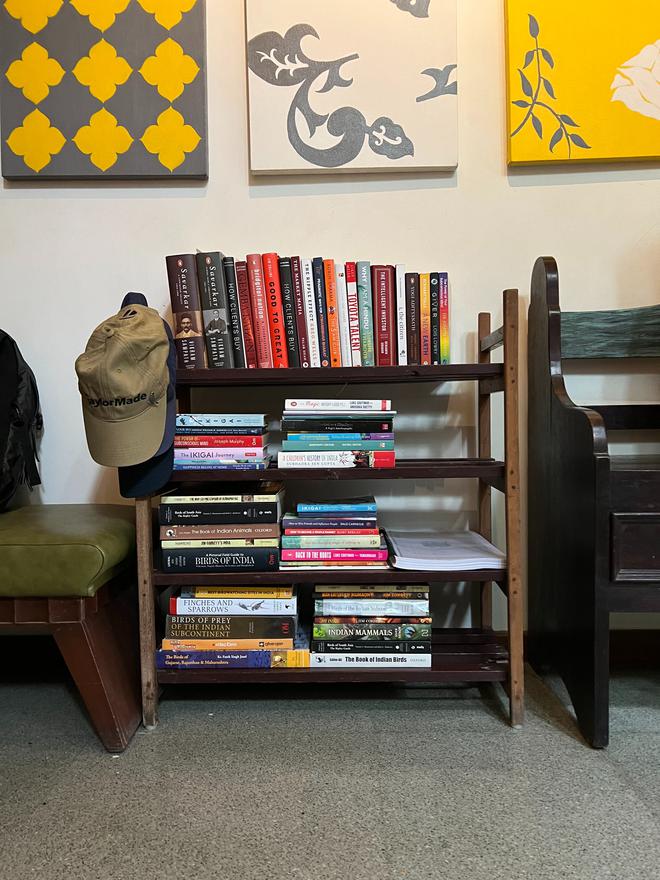
As technology proliferates further into our lives, digital decluttering might soon overtake its physical avatar. But until then, Kejriwal, Gandhi and many others like them are here to spruce up your house, and perhaps your lives too.







